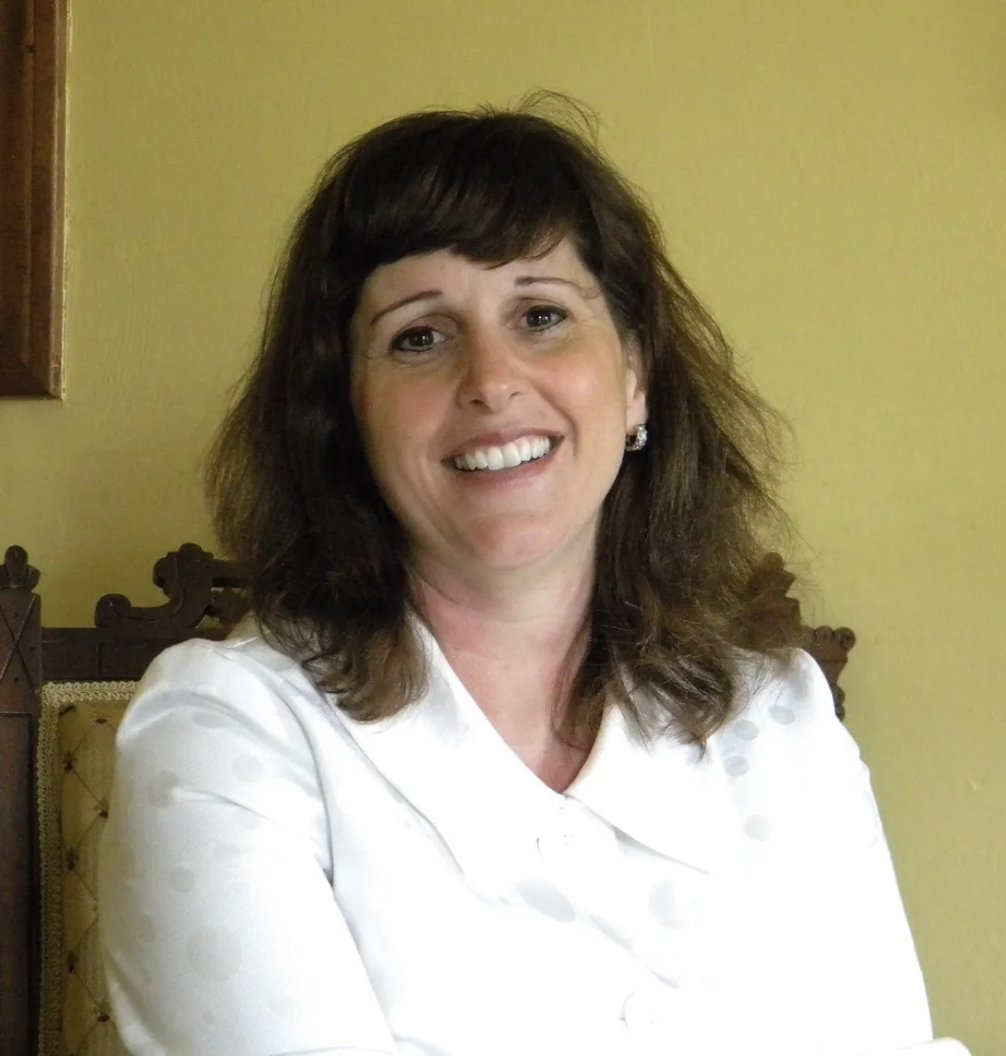Gould’s proposal, contained in Article 22, would “establish a bylaw that requires all town departments to only issue permits to abutters of the George Washington Boulevard Extension if they currently hold a license by the town.” The description references the title of the plan of land filed at the Plymouth County Registry of Deeds in 1938 and would apply to all of the railroad property, not just the section near George Washington Boulevard.
The advisory board will recommend no action on this article at town meeting because it is “non-binding and does not present an actionable plan,” members decided at a recent meeting.
“I do not believe such a bylaw would be approved by the state, which is a requirement of most bylaws,” Advisory Board Chair David Clinton said. “Town meeting can’t restrict employees, officials, boards, and departments from doing their jobs.”
According to the Railroad Bed Right of Way Study Committee’s final report in 1992, the Town of Hull has an easement on the former railroad property and can control its use.
“The land was conveyed to the town by the trustees of the New York, New Haven, and Hartford Railroad Company in 1938, and accepted by the town in town meeting, this conclusion is supported by a report by Lawrence A. Kellem, Esq. dated August 5, 1966,” according to the report, which is available on the town’s website by clicking here.
“We spent $50,000 to take over the railroad right away that runs the length of the town from the Old Colony Railroad Company to Hull High School to Weir River,” Gould said. “Everyone that encroaches is not compensating the town for use of the property…they have encompassed the railroad with fences, hedges, bushes, houses, and whatever.”
The railroad bed study committee, established by the select board on July 9,1990, reported that its membership “was in total agreement that the railroad right of way is a valuable asset to the Town of Hull, and the long-term protection of that asset should be of paramount concern to town officials.”
Gould believes this has not changed today, and the town needs to reestablish its rights in the railroad bed.
“Abutters of the railroad bed property need to understand that they do not own or have any right to the property which runs the length of the town,” Gould said. “The railroad bed is public property, and the town must be reimbursed for private use of that property.”
Advisory board member Bob Carney said he is “fascinated” by the railroad bed, and would “love” to see it used for the town.
“There are ways,” he said. “If you really wanted to do this you could call it a tax and not give permits to people who are behind in their taxes.”
Town Counsel James Lampke explained it is not possible to stop people from getting building permits because of a separate dispute over using the railroad bed; however, “there is a process created by state law that the town adopted which says we can deny licenses and permits, of all different types, if someone owes the town money.”
As the article is written, Carney described this hypothetical situation as an unintended consequence: “An elderly woman whose property encroaches (on the railroad bed), she does not have a license, her furnace goes in the middle of winter; the building inspector says you can’t have a permit to fix your furnace.”
“The railroad right-of-way committee always wanted that piece of land that runs through the town to be an open bike path, or whatever,” said Gould. “They always wanted it to be kept by the town for public use.”
At 2019 town meeting, voters approved an article to carry out the right-of-way committee’s plans, but Gould said it has not been accomplished.
“According to the bylaws of the town and description of the town manager’s job, they are supposed to initiate whatever is voted at town meeting and this has not been done,” Gould said.
“Better presentation for warrant than 2019, but still has a couple holes in it,” said advisory board member Dan Sullivan. “For example, it asks us to set up a bylaw, but doesn’t say the select board will be the licensing authority.”
“We didn’t disapprove of your previous action (in 2019) we said no action because there were too many variables to be reconciled,” Sullivan said. “I fear history repeating itself. As presented, this is one of those situations where I am going to vote ‘no action,’ even though I love the sentiment.”
“There is a list of people who have applied for and obtained licenses from the town to use a portion of the railroad behind their property…there is not a list to know who is encroaching and not encroaching,” Lampke said. “You have to have a survey done of the railroad bed to see who is encroaching and who is not encroaching. We looked into that and it was very expensive.”
Clinton said there is a mechanism in place if the town is planning to do something with the railroad bed property.
“If the town were to want to do something with the land they could go and tell them they have 30 days to quit,” he said.
Members described the railroad bed’s uncertain status as the “third rail of Hull politics” – also a historic reference to the Nantasket Beach Branch of the Old Colony Railroad’s status as the first electric railroad in the country (although, according to the Hull Historical Society, the electrification in Hull was by overhead wiring, not a track-mounted rail).























